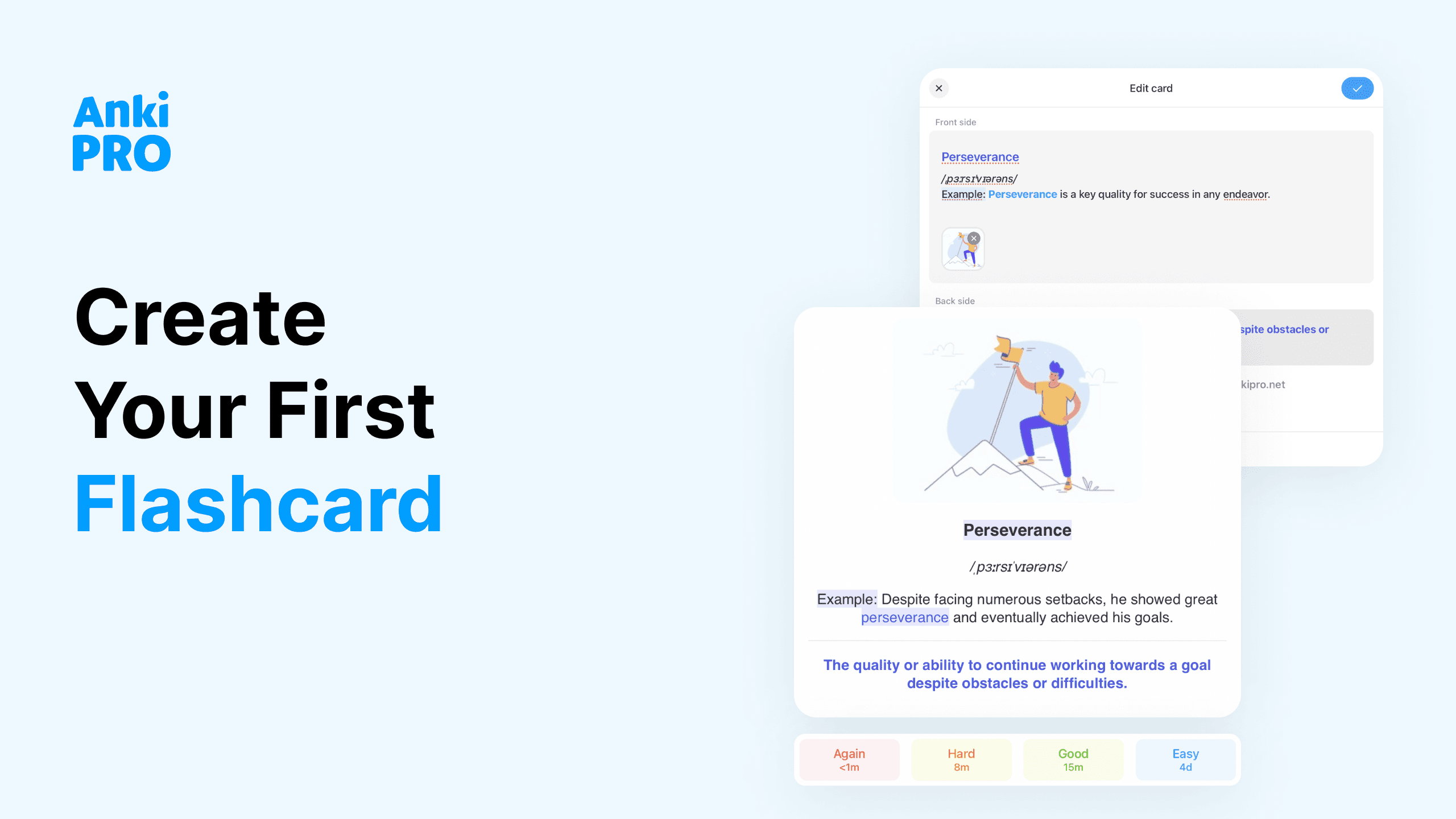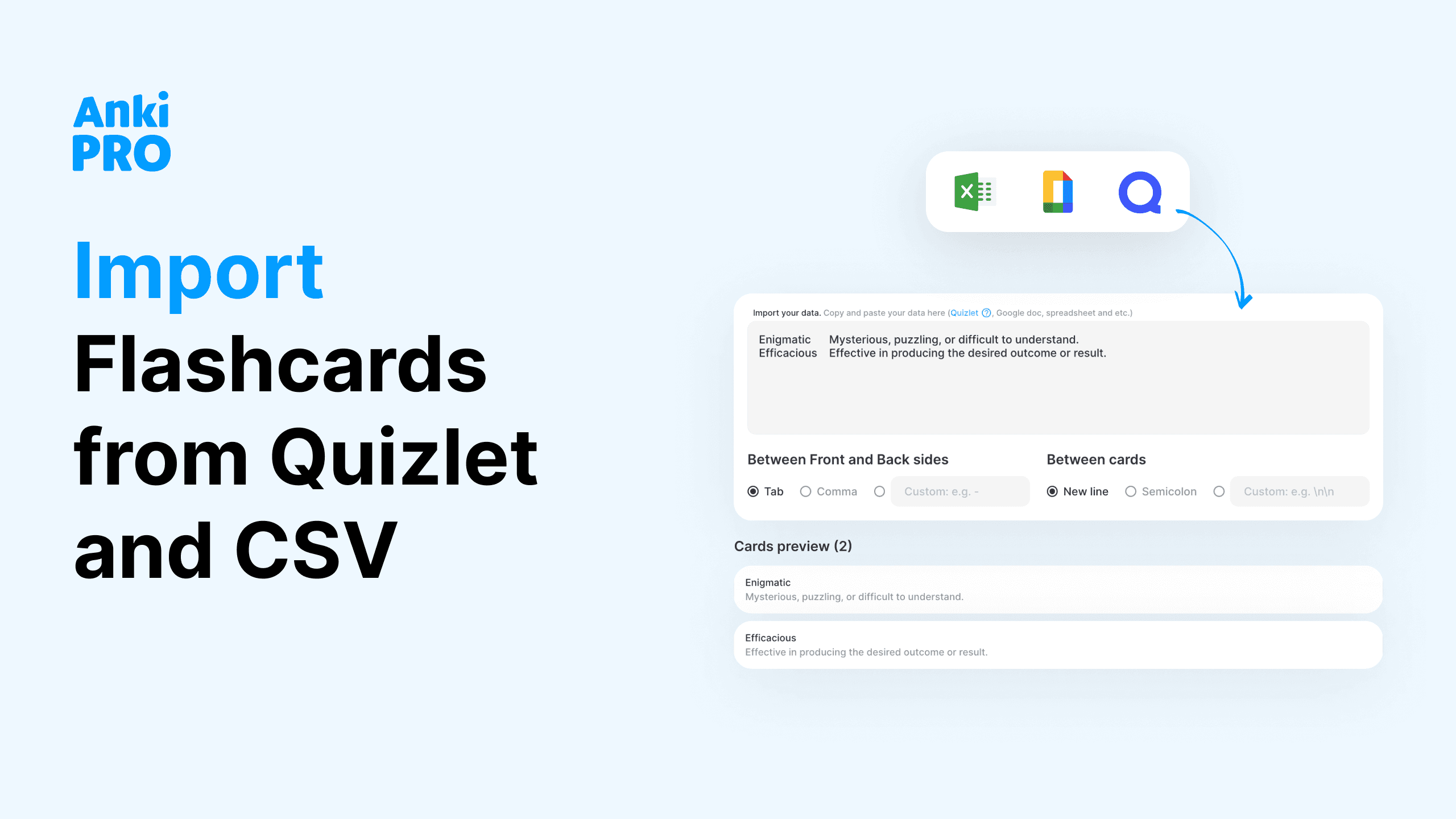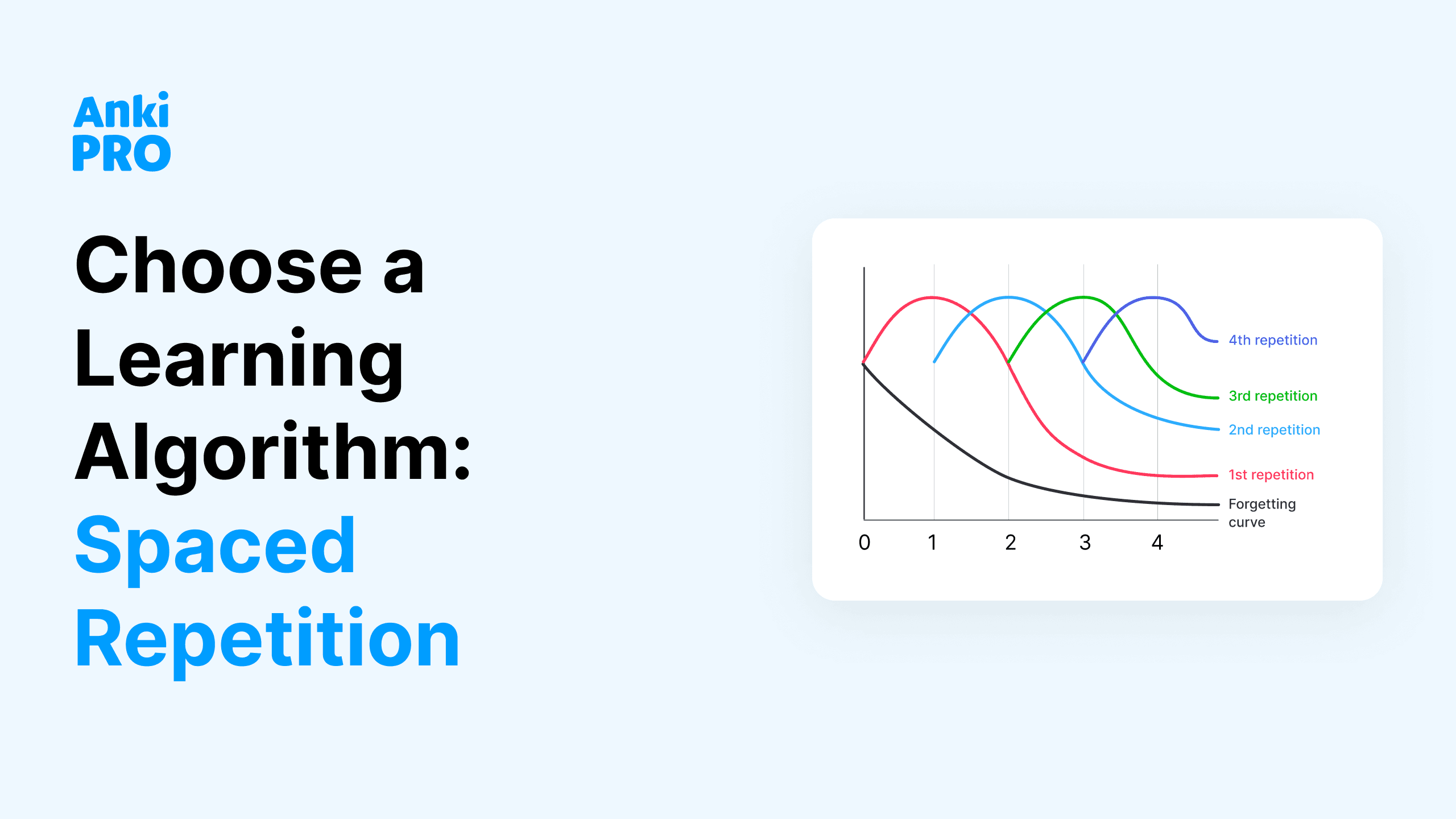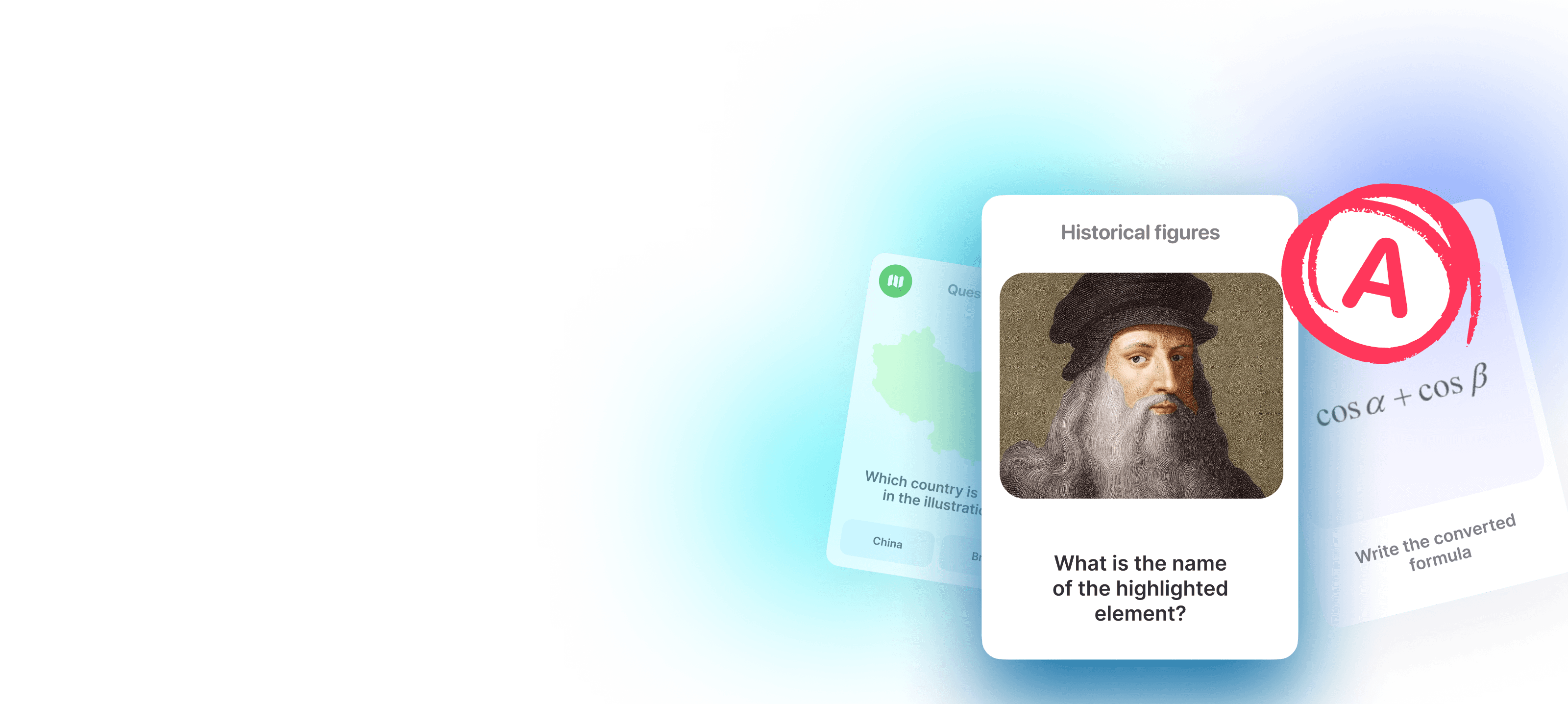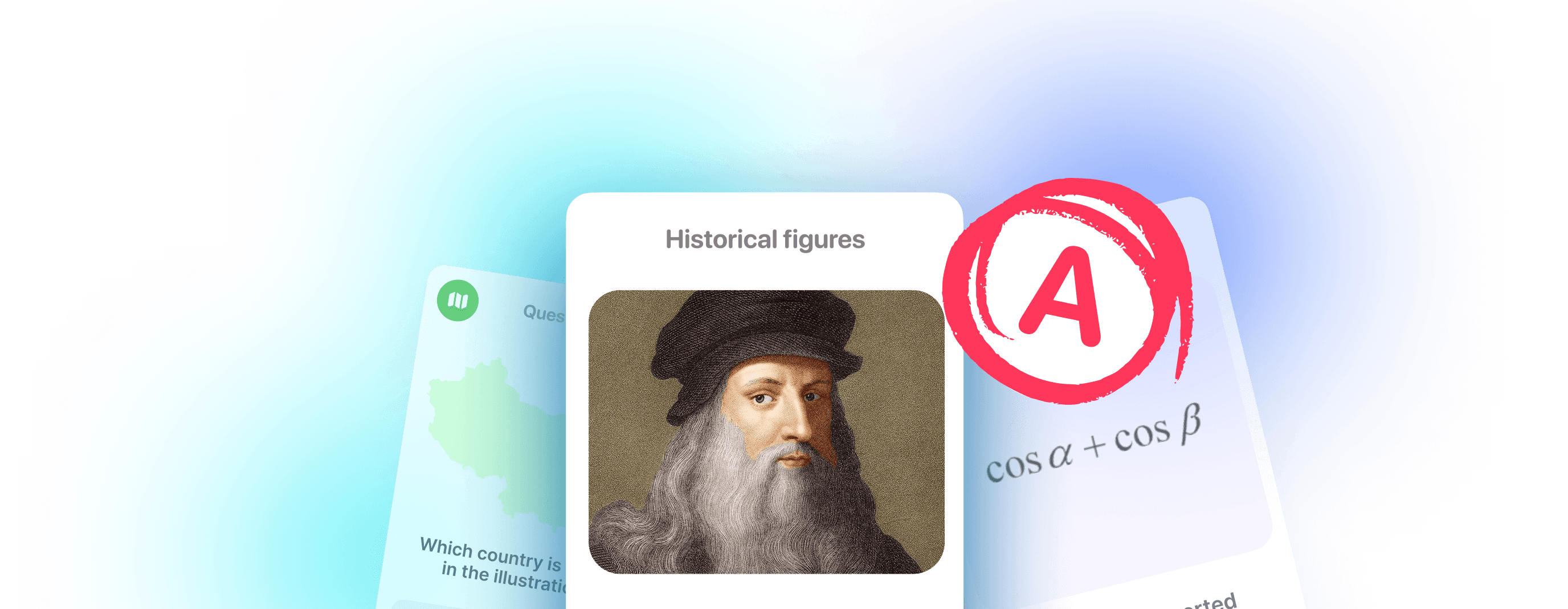Are you a fan of French culture? Do you want to travel to Paris and read Marsel Prust in its original language, but this language sounds too hard to learn? Yes, French is a bit harder than other European languages, but you can learn it with the right approach!

Why Learn French
Do you remember Emily in Paris has lived in France for several years and still has not properly learned the language? Quite a shame, actually. So don’t repeat this mistake if you are planning to work in the country. But despite work opportunities, there are a lot of reasons to learn French. It is not only the stereotypical language of love, but also the language of diplomacy, and international relations and is spoken on every continent. Over 300 million people speak French, an official language in 29 countries. It’s widely used in Europe, Africa, North America, Asia, and the Caribbean.
Many international companies value French-speaking employees, as French is one of the official languages of major organizations like the UN, EU, UNESCO, NATO, and the International Red Cross.
If you want to travel internationally (not only in France), French might be useful in Canada (especially Quebec), parts of Switzerland and Belgium, numerous African countries, and popular tourist destinations like Morocco and the Caribbean. We don’t know how long does it take to learn French for you, but it is possible if put in some effort and organize your study.
And of course, French is a language of great literature, cinema and high fashion (yes, coming back to Emily). So how to learn French fast?

Learn French Sounds and the Alphabet
French seems difficult because of its unique pronunciation. Don’t gonna lie, it is not easy, but you can learn it. Before going deep into pronunciation learn the alphabet and the sounds.
The French alphabet uses the same letters as English, and in fact, over 28% of English words come from French! This makes French one of the easiest languages for English speakers to pick up. But there’s a twist: in French, some letters come with accents.
These accents don’t just change the look of the letters; they affect how they’re pronounced. So, as you dive into French, it’s vital to focus on how letters sound rather than how they look.
French has 23 consonants and 16 vowel sounds. If you’re an English speaker, you’re already familiar with 20 consonants and six vowel sounds, meaning you only have three new consonants and 10 vowels to learn.
Getting comfortable with the French alphabet and its sounds is a key step in mastering the language. If you haven’t started exploring French pronunciation yet, it might be a good idea to make it today’s task.

Study French Pronunciation
As we mentioned earlier, with French having more consonant and vowel sounds than English, pronunciation can be tricky for beginners. The language is full of subtle details, and there are often exceptions to the usual rules. So if you question yourself on how to learn French fast the longest part will be learning the right pronunciation.
Sure, you might catch on if someone asks, “Parlez-vous français?” But to truly hold a conversation and be easily understood, building strong pronunciation skills is essential.
It takes a lot of patience and practice to learn the right pronunciation, so use different methods and resources. To begin with practice different accents and nasal sounds.
- Train five different accents (é, è, ê, ë, and â) that can change a word’s pronunciation. Listen to audio lessons and other resources and try to understand the difference.
- Learn about four main nasal sounds—an, en, in, and on. Unlike in English, these sounds come from the nose and are essential for correct pronunciation. Practicing these with native speakers or audio guides will help you develop a more authentic sound.

Don’t Forget About Grammar
Learning key vocabulary and pronunciations is a great start on your journey to fluency, but grammar is just as essential for forming clear, correct sentences.
There’s no magic shortcut to mastering French grammar, but here are some important basics to help you get started:
- Gender: Every French noun is either masculine or feminine. As a general rule, nouns ending in “e” tend to be feminine—but of course, there are exceptions to remember!
- Articles: In French, there are three forms of “the”: la for feminine nouns, le for masculine ones, and l’ (with an apostrophe) before nouns that begin with a vowel. For “a” or “an,” there’s un for masculine and une for feminine nouns.
- Verb Conjugation: French verbs change depending on the subject. There are regular patterns to follow (for regular verbs) and special patterns for irregular verbs. Starting with the basics of regular conjugation and a few common irregular verbs can give you a strong foundation.
- Verb Tenses: French has 12 common verb tenses. Begin with the present tense (présent de l’indicatif), then move on to past forms (using past participles) and irregular future tense forms.

Get a Tutor
French has a lot of nuances, especially in pronunciation, so learning it on your own is challenging. The tutor will help you to understand how to learn French fast, fix pronunciation and get immediate feedback about what you are doing right and what is not. You can join French language classes (online or in person) or hire a private teacher only for yourself. The last one will be more expensive but probably will lead to results faster. It is up to you to decide.
Read in French
Mastering a language without exploring its literature is nearly impossible. Even if diving into Proust or Hugo feels intimidating right now, reading in French is still something you shouldn’t skip.
If you ask language experts how to learn French fast, they’ll likely agree: start with simple and approachable books without English translation or translation into your native language. Here are a few great recommendations for beginners:
- Le Petit Prince by Antoine de Saint-Exupéry
- Un Aller Simple by Didier Van Cauwelaert
- Mon père est femme de ménage by Saphia Azzeddine
- Le Petit Nicolas by René Goscinny
These books are engaging, accessible, and perfect for building your reading skills while tasting French culture. You can also read special newspapers and magazines for youth:
- Le Journal des Enfants (JDE) Magazines for Beginners is a news magazine designed for young readers. It covers current events in simple language.
- Astrapi — a magazine with fun, easy-to-read articles for younger audiences.

Speak With Real People
Connect with a French-speaking exchange partner! Language exchange apps are a fantastic way to meet French people who can help you practice their language, while you help them with yours. You might even make a new friend who doubles as an informal French tutor — so it’s a win-win!
This approach is especially budget-friendly since most language exchanges are free, whereas French classes can get pricey.
However, keep in mind that exchanges can sometimes feel a bit unstructured and fully depend on your motivation. So be organized and find interesting language exchange partners with the same interests so you have something to discuss. Before New Year Holidays learn how to say Merry Christmas in French and congratulate your friends!
Listening Listening and Listening
Even if you get good at reading French, understanding spoken French can still feel like a whole new challenge. That’s because the gap between written and spoken French can be so wide that it almost seems like two different languages!
Beyond just the accents, French sounds very different out loud than it looks on paper. Pronunciations often don’t match what you might expect, with silent letters, fast-paced liaisons, and countless exceptions making listening comprehension a unique skill to master.
That’s why adding listening practice to your routine is crucial. While reading is a great way to boost your vocabulary, it won’t fully prepare you to follow the rapid speech of a friendly conversation in a French bakery.
Some resources you can use:
- Podcasts designed for French learners, like Coffee Break French, which is perfect for beginners.
- French music playlists on platforms like Spotify, Apple Music, or YouTube to get used to the rhythm and flow of the language.
- French audiobooks — find familiar books in French on Audible, Bookmate, or other resources.
- YouTube videos — just look for videos on topics on topics you like in French (like cooking, sports, travel).
- YouTube channels for French learners, like Piece of French (for beginner to intermediate learners) and innerFrench (for intermediate to advanced levels).
Get Into the French Environment
Immerse yourself in French as much as you can to reach a point where you’re not just speaking French — you’re thinking in it. It is one of the main secrets how to learn French fast.
You don’t need to move to France to make this happen (as we know, Emili moved and it didn’t help). There are plenty of ways to bring French into your daily life right where you are. Here are a few ideas:
- Switch your device languages: Set your phone, tablet, and computer to French. This will expose you to tons of modern, everyday vocabulary. Just be sure you remember how to switch it back if needed!
- Consume French content: Dive into French movies, series, audiobooks, or podcasts. Even if you’re not catching every word, this passive exposure is valuable and gradually builds comprehension. Watch Christmas movies and naturally learn how to say Merry Christmas in French.
- Try French recipes: Find a few recipes in French and give them a go. You might end up with a quirky dish, but you’ll pick up practical words for cooking, ingredients, and measurements.
These daily touches make French a natural part of your life, turning learning from passive to active. Over time, this consistent practice helps your mind treat French as second nature. Think of it as developing “language muscle memory” that becomes stronger with every interaction.

How Long Does It Take to Learn French
How long it takes to learn French depends on several factors: your current language skills, learning methods, and the amount of time you dedicate each day. If you speak English and other European languages it will be faster than if your native language is from another language group and you don’t know English well enough.
But generally speaking, it takes around 3–6 months to get on the level of basic conversation level if you study one hour a day. Most learners reach the intermediate level with around 500–600 hours of study and regular exposure to native speakers. But these numbers only a very general amount of time of how long it takes to learn French, it can be different for you.
Learn Essential Words With French Flashcards
Flashcards are a great way to study a new language. Whether you are a beginner or already on higher levels, you can use this instrument to broaden your vocabulary and learn new words and phrases. You can make your own decks or choose one from Anki Pro community-made decks. You can learn how to say Merry Christmas in French and a lot of other basic phrases easily. Read more on how to study with flashcards here.
Here are just some examples of the decks.

500 French words (with pictures & audio)
Deck with 500 basic words that will build a foundation for the speaking and understanding skills of every beginner. It has an audio for every card to make sure you know how to pronounce the words. And as a great bonus, each French flashcard has a picture to include in work visual memory. Go through the deck every day and you will memorize the words you need to keep a simple conversation going.
Learn the words: 500 French words (with pictures & audio)
French idioms// les expressions idiomatiques
The deck will be useful for those who already passed the complete beginner stage and are ready to beautify their speech with idioms. Learning idioms is also helpful for those who read a lot and want to understand cultural context better.
Learn idioms: French idioms
So now you know how to learn French fast. Start to study and enjoy the process!






